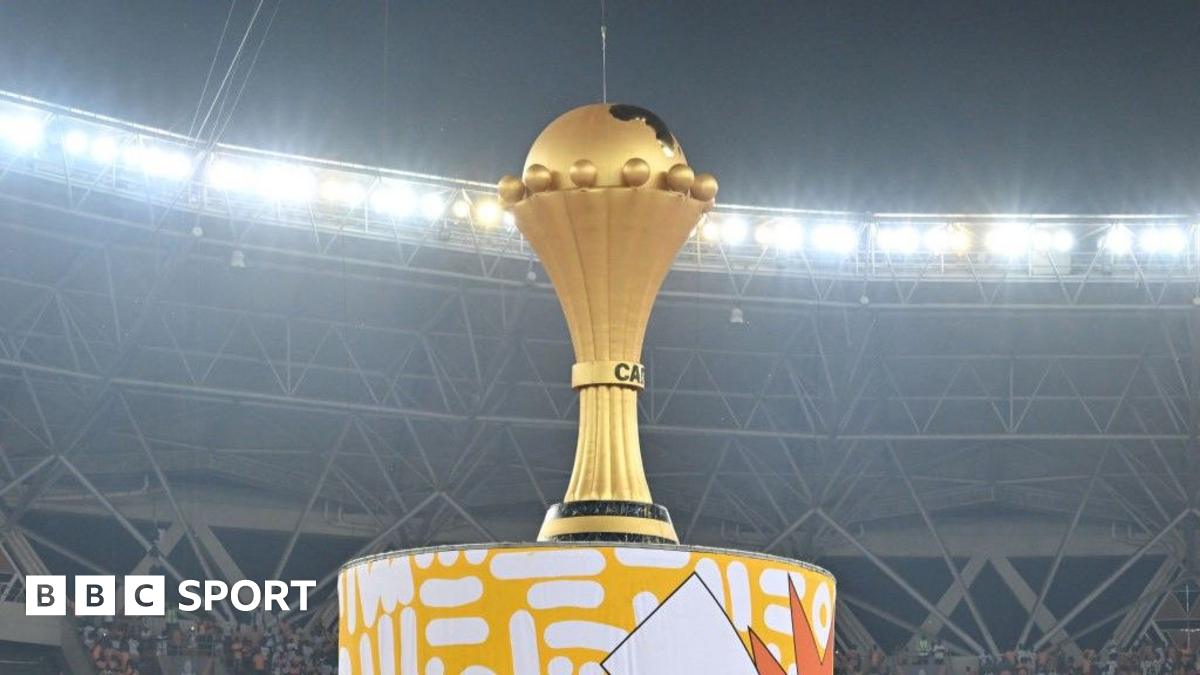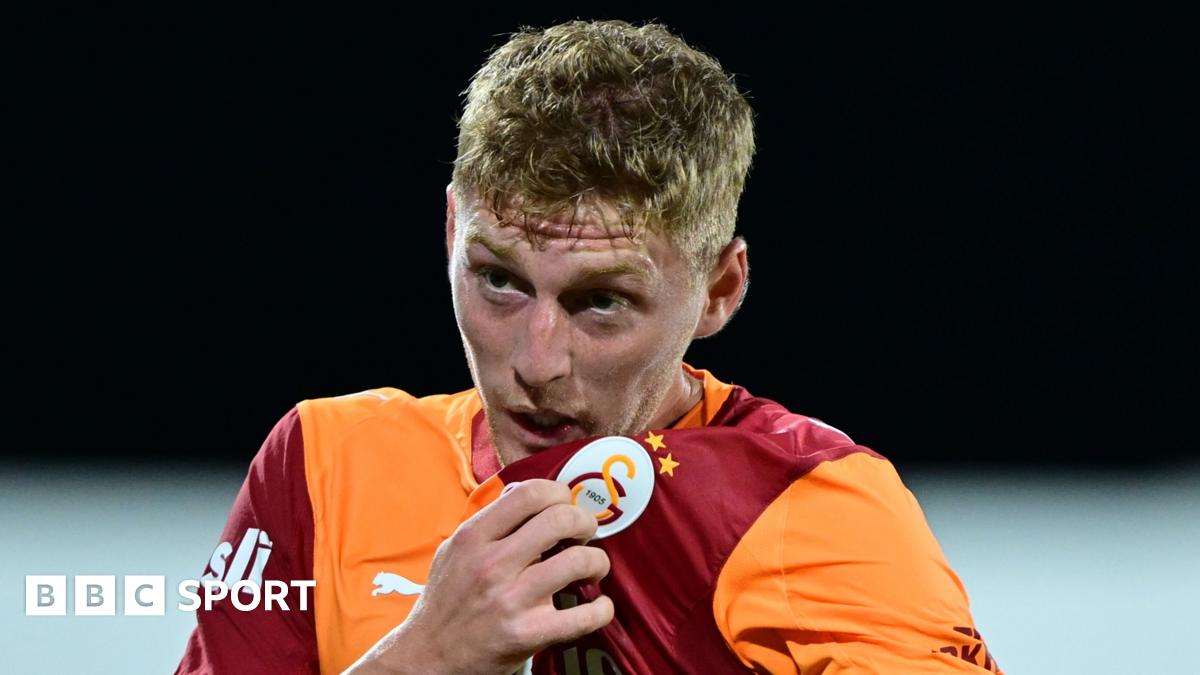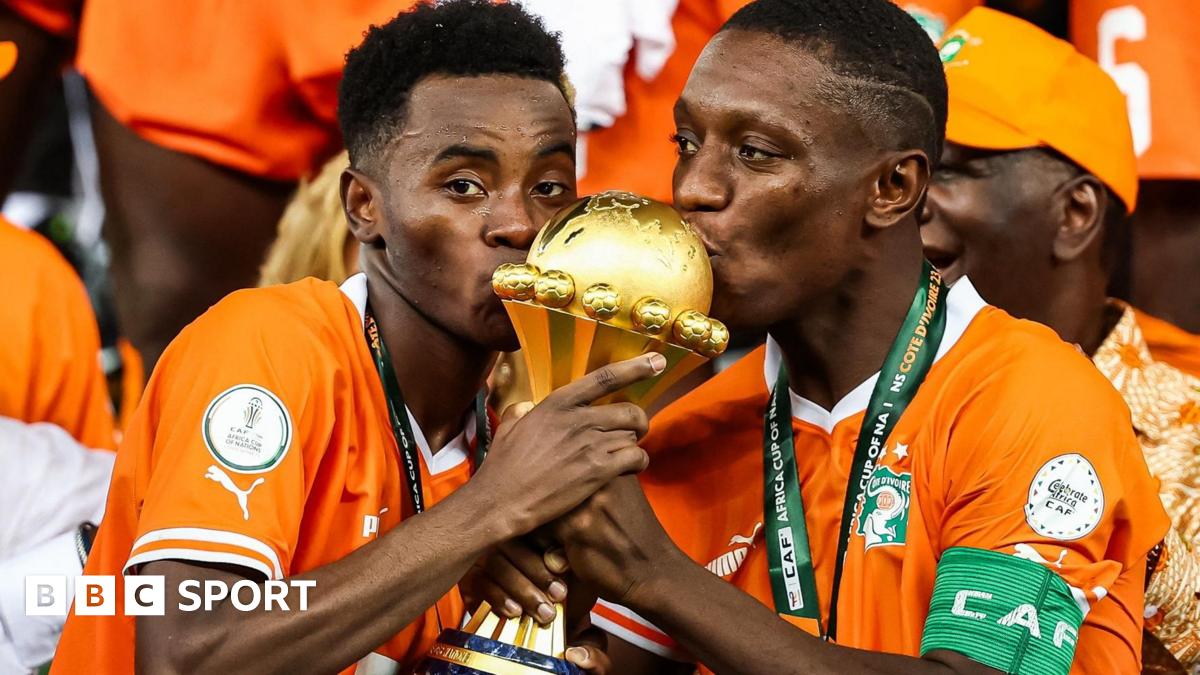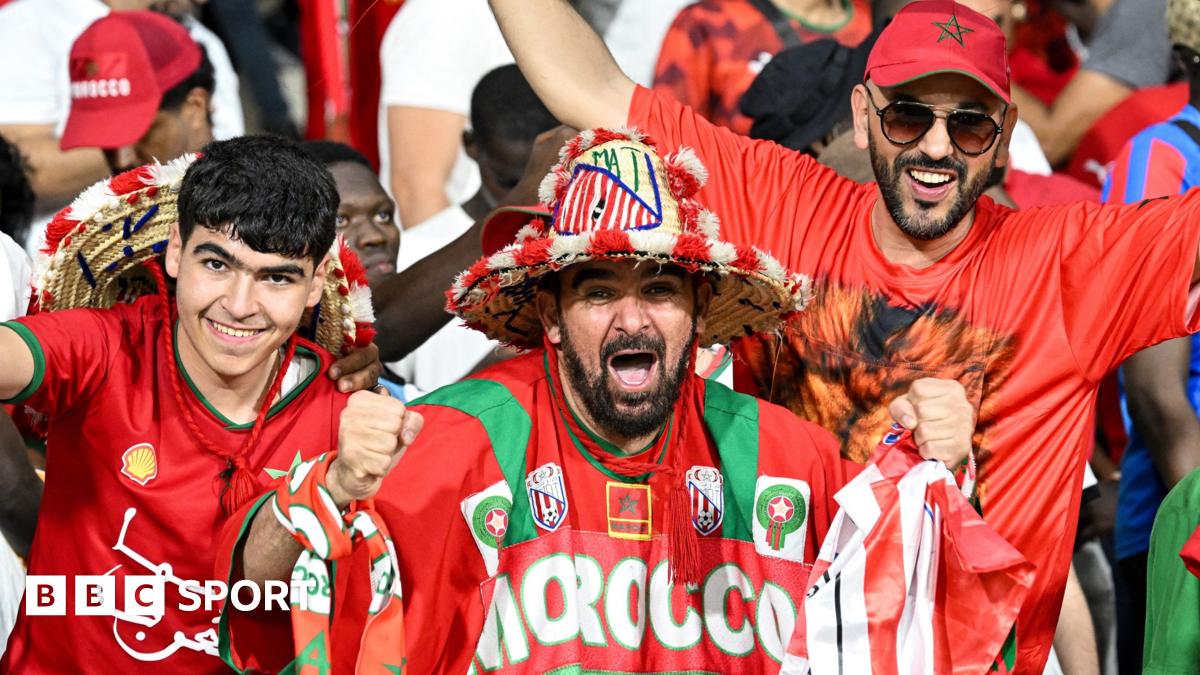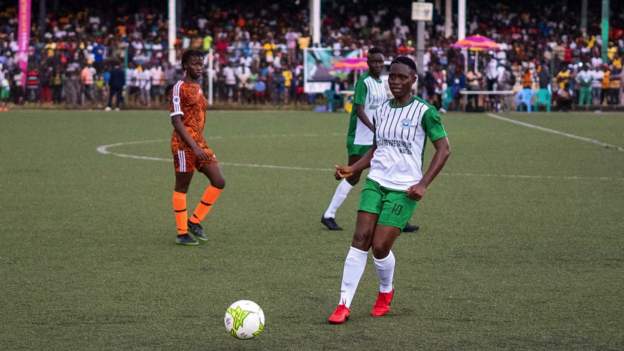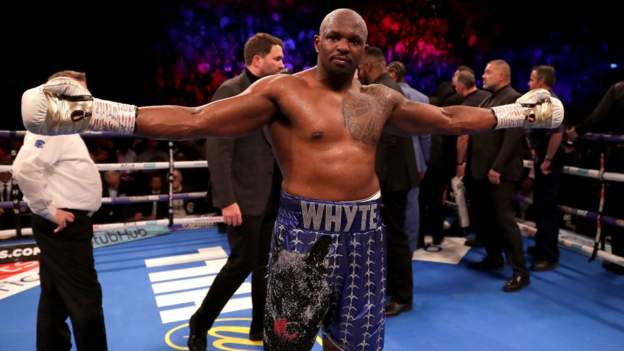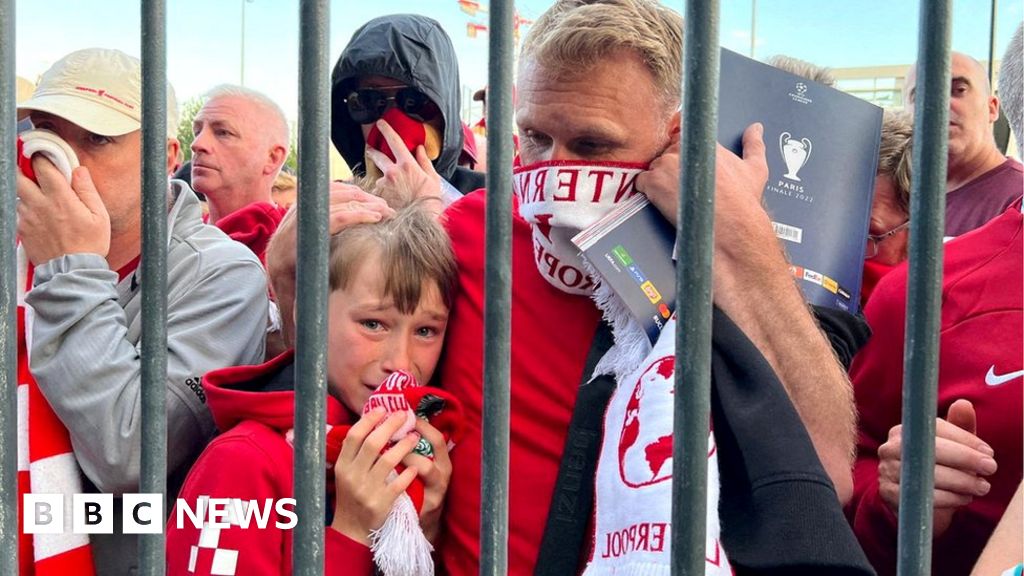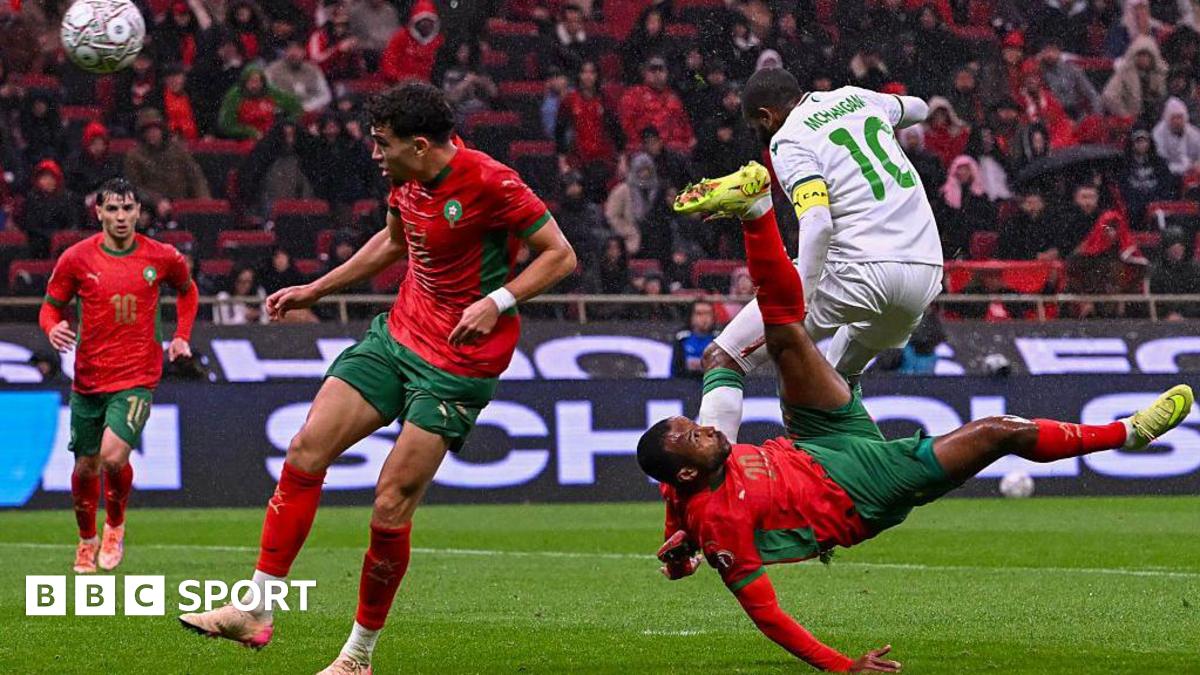Sierra Leone has marked a new dawn for women’s football with the commencement of the country’s first ever national division, prompting the country’s President Julius Maada Bio to describe the launch as “beautiful history”.
The opening match of the new Women’s Premier League took place in the northern city of Makeni on Saturday, with visitors Kahunla Queens of Kenema defeating hosts Mena Queens 1-0.
The game at the Wusum Stadium attracted a large crowd, with President Bio and his wife Fatima among the dignitaries.
“I’m a fan of football and I believe that women should be given space to participate fully in every aspect of life,” Bio told BBC Sport Africa.
“I’m very much determined to see that the women’s game improves and grows in Sierra Leone. I’m very impressed with the potential I see on the field, and with technical support these ladies can do quite a lot.”
The 12-team league marks the return of a women’s top flight league in Sierra Leone for the first time since the early 1990s, when the female game was first launched in the West African country.
On that occasion, just clubs from the capital Freetown were involved, but sides from all five regions of Sierra Leone are present in the new Premier League, which will have a home-and-away format before the champions are crowned.
No turning back
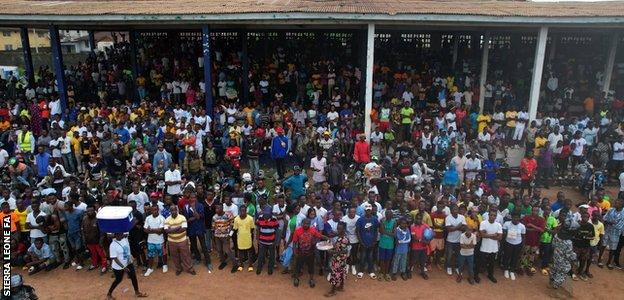
The first iteration of the top flight three decades ago was stopped because of financial constraints and the bloody civil war in Sierra Leone.
Yet the current league has received financial support from the government, the Sierra Leone Football Association (SLFA) and individual investors.
The league is also expected to benefit from Fifa Forward 2.0 programme fund of $50,000 [£43.6k] given to its member associations for female football domestic competitions.
With a variety of backers, SLFA president Thomas Daddy Brima says the revived women’s league is here to stay.
“The relevance of a football federation is to make sure that football is played,” Brima told BBC Sport Africa.
“This is showing the world that Sierra Leone is ready to not only participate but to compete in all areas and categories of football.
“Kick-starting the first ever women’s Premier League means we are on the right track. There’ll no turning back.
“Girls should take advantage of this, because it’s huge. Before this they used to see others on television, and now the SLFA has managed to bring it to them. They should be able to take advantage and develop themselves.”
Asmaa James, a renowned broadcaster in Sierra Leone who was among the BBC’s 100 most influential women of 2019, is chairperson of the seven-strong Women’s Premier League board.
She argues “new life” has been given to the female game in Sierra Leone.
“This is huge for a country like Sierra Leone, where over the years we’ve only seen men playing football,” James told BBC Sport Africa.
“Now the SLFA thinks they have the right people to look after the female football league. We’re ready to take women’s football to a higher height by ensuring that we do well, both internally and internationally, as there are lots of talents in Sierra Leone.
“We put a premium on education and that’s why all league matches will take place at the weekend – to allow the girls to go to school on the other days of the week.”
Achieving dreams
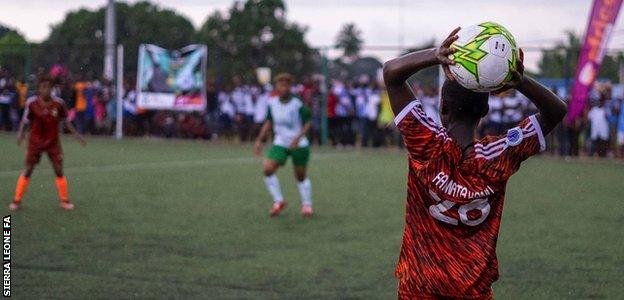
Among the attendees at the opening match was former international Musu Bangura, who played in the previous league in the 1990s and is regarded in her country as the Pele of Sierra Leone women’s football.
“I feel good that we now have a league, as we’ve been complaining about [not having] it for so long,” she said.
“This is good for the women’s game because having a league improves the players, and by extension the various national teams,”
Matilda Kabba scored the division’s first ever goal, which proved to be the winner against Mena Queens, and said she was “happy to be part of history”.
“The commencement of the league means a lot to us players,” she added.
“It has always been my wish to have a female league. We’ve been training for so long without a league and we’ve suffered a lot.
“Now that we have a league, the doors for us to achieve our dream to go out and play professional football are now open.”
Meanwhile, with the establishment of the Sierra Leonean League, there are hopes players will not have to travel to neighbouring countries Liberia and Guinea in search of regular games.
Warnings over sexual harassment
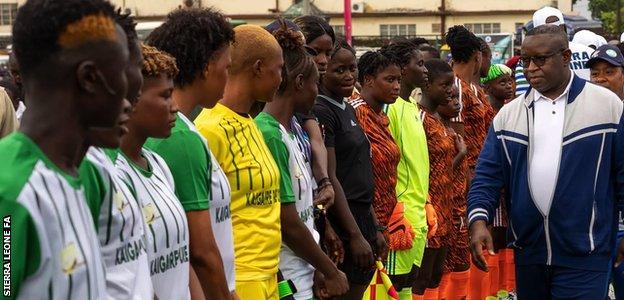
As the league grows, there are warnings to be on the look-out for cases of sexual harassment following allegations of sexual abuse in the women’s game in Sierra Leone a year ago.
That led to the arrest of former women’s national team coach Abdulai Bah, who was in police custody for eleven days before he was released.
Bah had denied any wrongdoing – and the government and SLFA have insisted they have zero tolerance for sexual harassment.
“There is tendency for such ethical issues,” President Bio said.
“We have already spoken to the various actors involved to make sure they keep within the rules of the game, and make sure that there is no harassment. We’ll be on our guard.”
The First Lady, Fatima Bio, meanwhile, launched the ‘Hands off our Girls’ campaign to support women’s rights in late 2018.
“For the men, there’s only one slogan: ‘Hands off our girls’. Don’t touch them, please allow them to play football,” she said.
“Playing football and being around your company doesn’t make them commodities, so respect them, respect their space and respect their wishes.
“The word ‘no’ is two letters but a very important two letters. When a woman says ‘no’ to you, respect that word and allow them to breathe.”
SLFA boss Brima added: “If anybody should think there’s sexual harassment, we’ll encourage them to come forward with [evidence] that will weed out the bad guys in the game of football.”



